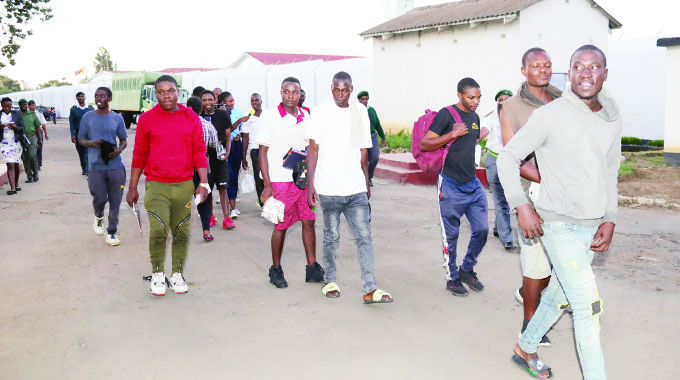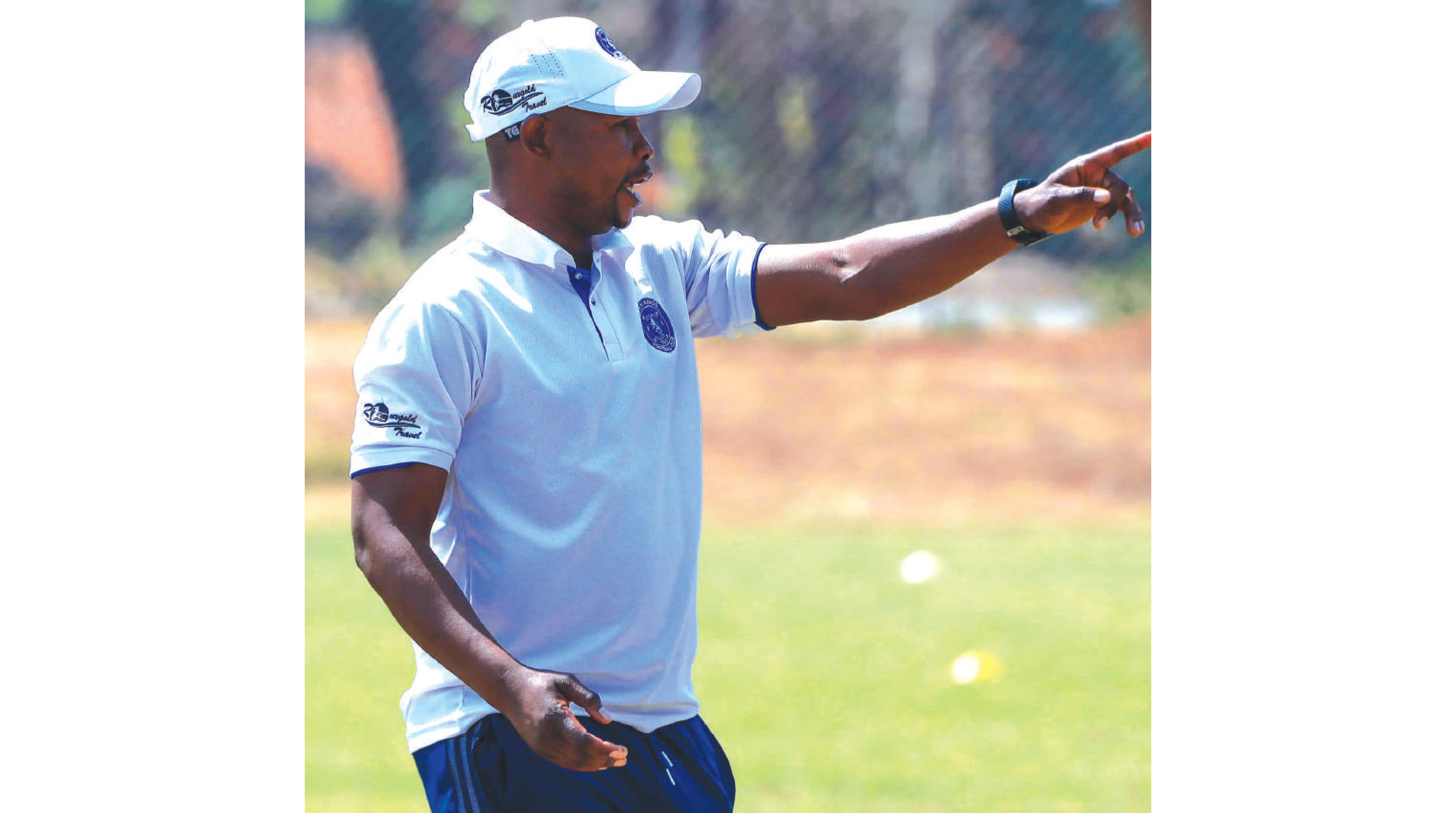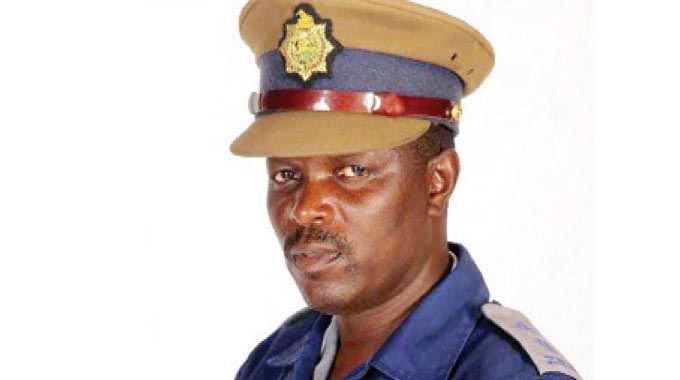Joy as amnesty beneficiaries taste freedom

Precious Manomano Herald Reporter
IT was jubilation and anxiety for some of the over 4 000 inmates who have benefitted from the latest Presidential clemency order as they started leaving jails yesterday.
Some of the amnesty beneficiaries were left with two days while others had a few more months before being released after serving their full jail sentences, but they are grateful to President Mnangagwa for the amnesty, which coincidentally allows some of them to join the nation in celebrating the country’s 44th Independence anniversary celebrations today.
In an interview at Harare Central Prison yesterday evening as inmates with shortened sentences started leaving, Justice, Legal and Parliamentary Affairs Permanent Secretary Mrs Vimbai Nyemba encouraged society to accept those that have been released.
She said all of them were rehabilitated and acquired several skills to sustain themselves.
“Prisoners have been pardoned by the President in terms of Section 112 of the Constitution where his powers are,” said Mrs Nyemba.
“Prisoners are very happy that he (President Mnangagwa) has exercised his discretion and we have seen the first batch going out. A lot more are also going out.
“In terms of the Gazette notice, female prisoners are going to be pardoned. Those who had 48 months’ sentences, if they serve one-third, they are going to be released. Juveniles aged 18 are also going to be released. We also have the elderly above the age of 60 who are going to be released.”
Other beneficiaries of the Presidential amnesty include those with disabilities and chronic ailments.
However, those who committed murder, treason, robberies, those found in possession of firearms and those who contravened the Electricity Act, will remain inside.
Added Mrs Nyemba: “Those who were condemned to death are going to have their sentences commuted to life imprisonment. We have some who have been sentenced to life, if they have served about 20 years of their sentence, they will also be pardoned.
“The beauty about them going out is that they have been rehabilitated. So these people were already vetted and corrected, rehabilitated and skilled.
“To the relatives, we say they must welcome their children; they should empower them. We expect them to be welcomed because they are not the same people who went to jail. They should be accepted. Close relatives must be positive about their coming out.”
Zimbabwe Prisons and Correctional Services (ZPCS) Commissioner-General Moses Chihobvu said the Presidential amnesty will help decongest prison facilities.
He explained that a careful selection process was undertaken when vetting inmates that benefitted from the Presidential amnesty.
“I would like to thank the President for approving the amnesty. All those people who are going out were rehabilitated so we expect the community to accept their relatives,” said Comm-Gen Chihobvu. “For us, we are satisfied that those who are going out will not come back. The group which came out first is composed of young people, the able-bodied. So, parents should take care of them so that they don’t come back to prison.
“They (beneficiaries of amnesty) will be released in stages. The prison will benefit a lot because the space to accommodate the inmates was very difficult to get, as well as medical facilities.”
Over 24 000 inmates were in prisons across the country, said Comm-Gen Chihobvu, adding that their release will ensure that the available facilities will fully cater for those that remain.
In separate interviews, beneficiaries of the Presidential amnesty who were locked up at Harare Central Prison were grateful to the President, with some saying they will never return to prison.
And as they marched out of prison walls, some walked with a spring in their step, clad in ripped jeans as if they were coming from an international trip, and excited to be rejoining their families.
Succeed Charamba (22) of Kuwadzana, Harare, who was convicted of reckless driving and driving without a licence, and had been sentenced to 24 months in prison, said: “I was convicted last year in March. Prison is not a good place to stay. I have learnt that crime does not pay at all, otherwise you will suffer.
“I wish to change other people’s lives out there. We need freedom, no freedom is found in prison. I will not repeat the same mistake.”
Kufa Mutariro (34) of Masvingo, who was convicted of unlawful entry and sentenced to 15 months in jail, said he was due to finish his sentence tomorrow.
“Those two days that I am not going to be in jail make a huge difference in my life. It is not good to touch anyone’s products without permission. From here, I am going to my brother’s house.
“It is a surprise because he is not aware of this. I am grateful to our President for the amnesty,” he said.
Takudzwa Chiza (23) of Masvingo said although he leant various skills in prison, he never enjoyed his stay, adding that prisons and hospitals are the worst places to be in.
“I was convicted of unlawful entry. I served 10 months and was left with two months. I am going to Waterfalls (in Harare); that’s where my mother stays.
“I am sure she will be happy to see me back. No one enjoys prison and hospitals. I am happy to have been released,” he said.
Panashe Kativha (26) of Mutoko said he was happy to be going home so he gets an opportunity to ask for forgiveness from his uncle from whom he stole large amounts of money.
“I was convicted of theft. I stole large amounts from my uncle who stays in Kuwadzana and that’s where I am going now.
“I hope he will forgive me. I am happy to go back and reconcile with my family. Yes, l know l have wronged my uncle but I promise that l will not do it again,” he said.









Comments